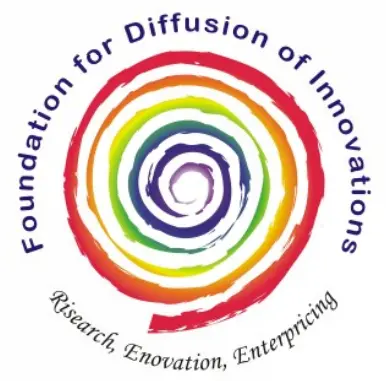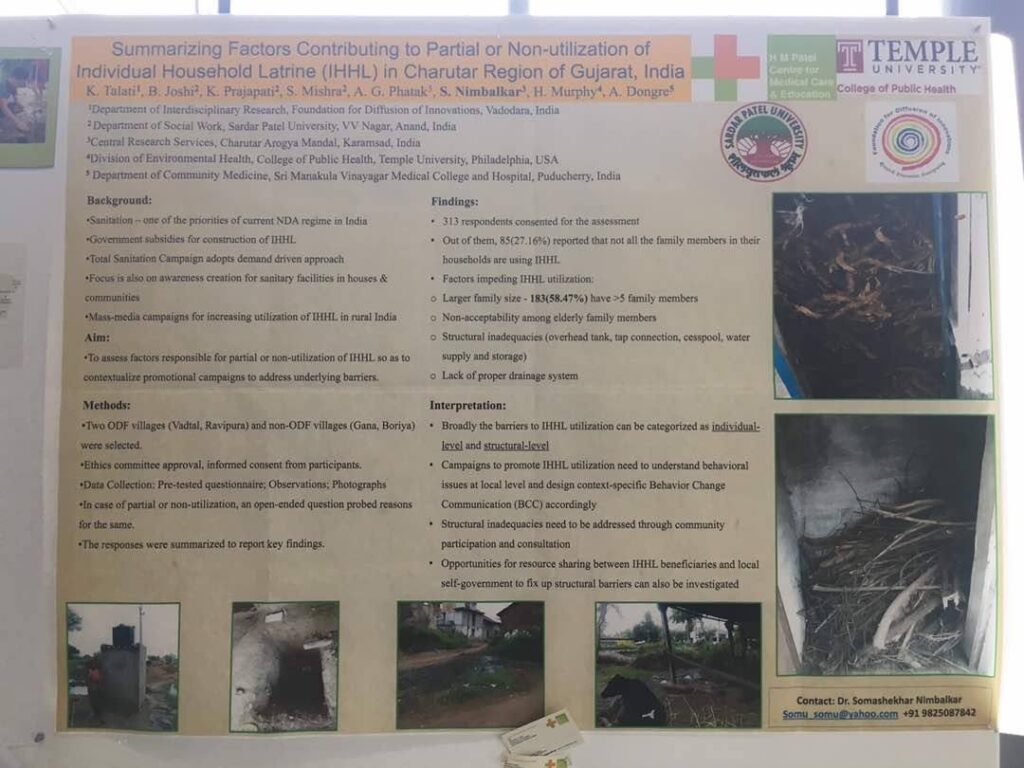Potential Thirst Areas
Identifying issues with public service delivery
Novel strategies for supply chain management of public programs
Concurrent monitoring, evaluation and real-time feedback for improvement
Leveraging post-graduate student dissertations, the best research organization conducts impactful need assessment studies.
Encouraging systematic data collection, analysis and scientific publications
Engaging PhD and post-doc research scholars, the best research organization focuses on planning and implementing evidence-informed, context-specific interventions.

